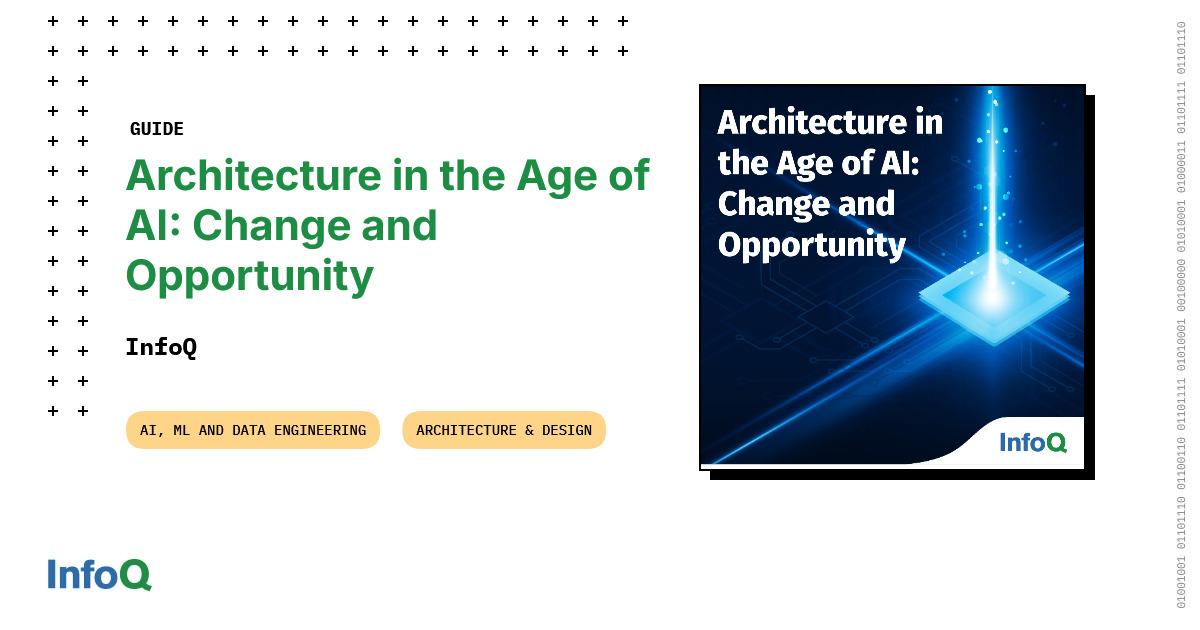#organizational-design
#organizational-design
[ follow ]
fromLogRocket Blog
1 week agoWhy great product leaders say no (and average ones burn out) - LogRocket Blog
If a doctor ran the front desk, took vitals, performed X-rays, handled referrals, dealt with insurance, and did the paperwork, they'd only have time to see a few patients each day. They wouldn't have time to advance their craft, and they certainly wouldn't do their best work. Instead, a doctor's office organizes work so the doctor can focus on patient care. Delegating tasks doesn't mean the doctor avoids other responsibilities. It means the organization depends on the doctor to apply their expertise where it matters most.
Productivity
fromFast Company
3 weeks agoWhy you should treat your brand as an operating system
For much of the modern corporate era, brand has been treated as surface area. A story told outward. A set of signals designed to persuade, attract, and differentiate. When companies spoke about brand, they were usually talking about perception: how they looked in the market, how they sounded, how they were received. That framing made sense in a world where markets moved a little more slowly, organizations were stable, and leadership could afford to separate strategy from culture, product from meaning, execution from belief.
Marketing
Artificial intelligence
fromFortune
3 weeks agoMicrosoft CEO Satya Nadella's biggest AI bubble warning yet is a challenge to the Fortune 500: it's time to reinvent the knowledge worker | Fortune
Businesses must redesign workflows to match AI's structure to unlock productivity and avoid an investment-driven AI bubble.
fromHarvard Business Review
4 weeks agoOne Company Used Tech as a Tool. Another Gave It a Role. Which Did Better?
Traditionally, leaders and managers often treat technology as a tool or capability that can help get work done more efficiently, but doesn't drastically change the nature of that work. Email, for instance, allows for faster communication. The supply chain management (SCM) system reduces supply chain costs, shortens delivery cycles, and ensures that products are delivered to customers quickly and accurately. Increasingly, however, this view is out of date. In recent years, the role of technology in shaping organizations has undergone revolutionary changes.
Business
Artificial intelligence
fromFortune
2 months agoAI is taking over managers' busywork-and it's forcing companies to reset expectations | Fortune
AI adoption is flattening organizations, automating managerial tasks, enabling managers to focus on coaching and oversee larger teams while requiring new accountability structures.
fromFortune
2 months agoAI is reshaping the rhythm of the workweek-and leaders need to pay attention | Fortune
That cycle is breaking down. Not through top-down mandates, but because of AI. New research shows that the workweek is changing for AI-enabled teams in measurable and sustainable ways. Employees are executing high-value work on Mondays and Fridays, meetings are consolidating towards the middle of the week, and engagement levels are climbing. The implications reach far beyond scheduling: AI is beginning to influence pacing, workflows, and even how leaders think about organizational design.
Productivity
fromhvpandya.com
2 months agoSystems, Stables and Stars
These places have incredibly sophisticated performance frameworks, coaching programs, design systems, review processes. They've invested years into building cultures where the average quality bar is high and talent is supposedly evenly distributed across their teams. And yet. When something orbit-shifting comes up, a decision that could reshape their trajectory, a gnarly opportunity they need to nail, leadership doesn't just route it through the normal channels. They call the same handful of people. Every single time.
Business
fromTheregister
2 months agoAI rollout leaves firms with up to 20% too many staff
A BearingPoint survey of 1,000 plus global execs found half report 10 to 19 percent workforce overcapacity due to "early-stage automation and limited role redesign" as AI is rolled out in their businesses. "Roles centered on routine analysis, process execution, transactional support, and repetitive knowledge work - including back-office operations, customer service, and entry-level financial or HR support - are becoming increasingly redundant," said the report.
Tech industry
Software development
fromInfoQ
2 months agoYour Platform is Not an Island: Embracing Evolution in Your Ecosystem
Platform engineering must deliver measurable business value by aligning design with organizational maturity, structure, and culture instead of treating developer experience as the primary objective.
Social justice
fromNon Profit News | Nonprofit Quarterly
3 months agoBuilding a Collective Future: A Conversation with Niloufar Khonsari - Non Profit News | Nonprofit Quarterly
Collective governance and care-centered workplace strategies strengthen organizations through shared leadership, rooted practices, and acknowledgment of Indigenous, BIPOC, and gender-expansive wisdom.
Remote teams
fromPhys
4 months agoHow to solve the remote work stalemate-study offers tools for successful hybrid work
Successful remote work requires aligned organizational design, supervisory relationships, and employee autonomy, shifting HR focus from control to coordination to balance performance and well-being.
fromFast Company
5 months agoWhy your organization should focus less on productivity and more on creativity
While 2023 research from Visier demonstrated that 83% of workers admit to " productivity theater"-performing busy work that creates the appearance of output without meaningful results-that same year, the World Economic Forum declared creativity to be the second most critical skill for our workforce by 2027. The collision of these realities signals a fundamental shift that smart organizations can no longer ignore.
Mental health
fromBusiness Matters
5 months agoDrew Soule on Leading HR Through Change and Growth
With more than 15 years of experience in human resources, Drew has helped companies navigate Pre-IPO readiness, mergers and acquisitions, culture shifts, and reorganizations to position businesses for major growth-all through the lens of people. He doesn't just talk about HR as a support function. For Drew, it's a strategic engine that drives performance, shapes culture, and supports transformation at every level.
Business
Renovation
fromInfoQ
9 months agoRenovate to Innovate: Fundamentals of Transforming Legacy Architecture
Transforming legacy systems is crucial for fostering innovation in successful companies.
Legacy systems can negatively affect growth if not managed properly.
Implementing incremental strategies can enhance the longevity of software systems.
A well-structured organization aids in effective software transformation.
[ Load more ]








